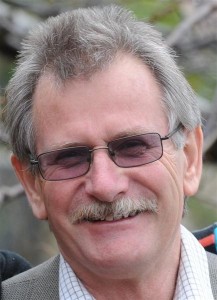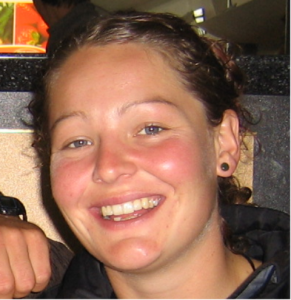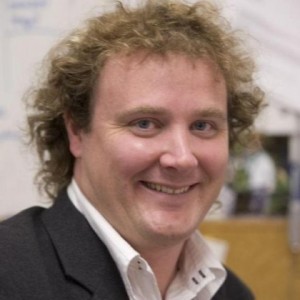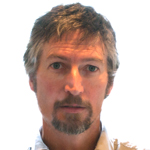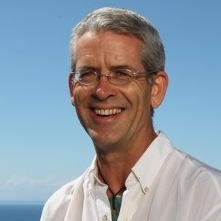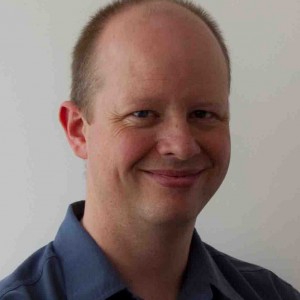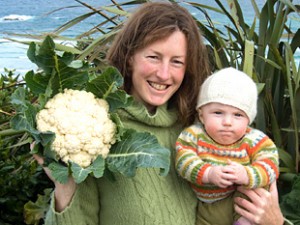Dr Steven Atkins leads research at Otago Polytechnic’s School of Business. He tells a tale of childhood dreams of space flight leading to an astronomy degree, rocket launchpads, a Masters in engineering and a PhD in industrial psychology. Unease with a focus on optimising work for the corporate ethos, Dr Atkins has been instrumental in the development of humanitarian work psychology. This emerging field reflects an increasing humanist perspective that includes study of the psychology of poverty. Major projects include undergraduate voluntourism, online volunteerism, SmartAid, and Consultants without Costs.
Shane’s number of the week: 4.1 million square kilometres. This is the lowest extent ever recorded for Arctic sea ice. Things are changing. Fundamentally.
Sam’s joined-up-thinking: Prompted by British American Tobacco’s retrograde approach to marketing with www.agreedisagree.co.nz Sam has made a web2.0 companion site www.agree2disagree.co.nz.
Trainspotting: Three Sustainable Lensers in studio – together – wow.


